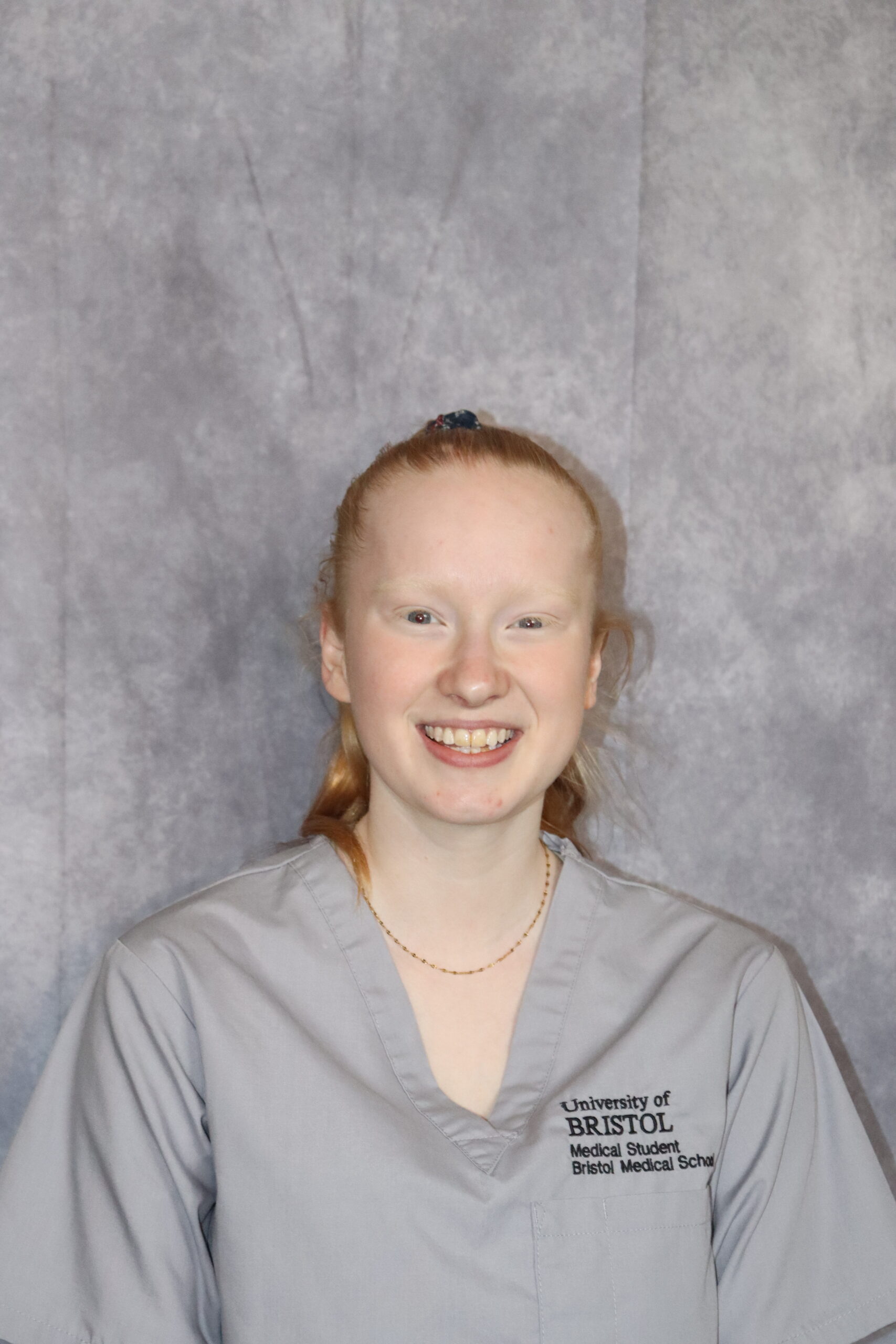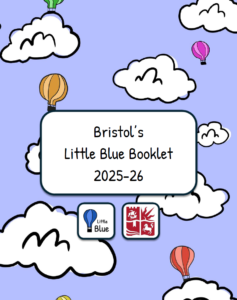Well-Being
Information and guidance for current students and sub-societies.
On this page
Table of contents
Galenicals Constitution
The society constitution is the document which sets out the roles of the Galenicals Committee, and the rights and resposibilities of all Galenicals members. The most up to date version can be accessed here.
Support for Students
Welfare and wellbeing
Galenicals as a society is committed to help promote and support the welfare of all medical students. So, we are a great port of call, especially if you aren’t sure where to go for any additional help or advice. We appreciate the challenges that you can face when being at university, let alone the additional aspects of being a medical student with longer term times and ‘out’ placements that can feel very lonely. We feel strongly that Bristol Medical school should be an inclusive place to which all of us should feel a sense of belonging. Embracing the positivity of diversity and supporting each other through cultural awareness and appreciation as we also manage the academic parts of our course.
We have several different schemes running within the society to provide pastoral support and build a sense of community. This includes the Medic Family scheme, Welfare rep network and running social events. We are also happy to hear about ideas, suggestions for improvements, or things that you think will make a positive difference within your medical school program.
Welfare director
Please get in touch with our welfare director through email: med-galenicalswelfare@bristol.ac.uk.
Helen Low

Peer-to-peer support
One of the key ways in which we are trying to promote welfare is through running our network of Welfare Reps who can be found both in Bristol and throughout the different clinical academies. Welfare reps are medical students who have had peer support training and who are available for a chat and to help navigate and signpost further support that’s available or are friendly faces who can be there to listen and help with anything that’s worrying you.
To access the peer-to-peer support scheme please fill in the form linked below. Alternatively, you can always email us with any queries or questions at med-galenicalswelfare@bristol.ac.uk.
Little Blue Booklet

Welfare contacts
Everybody will find things difficult or just need pointing in the right direction at some point and it’s important to know that there is help easily available. Please find below some useful university and external organisation contacts:
Galenicals contacts
- Galenicals Welfare Director – med-galenicalswelfare@bristol.ac.uk
- Galenicals EDI Directors – med-galenicalsequalities@bristol.ac.uk
University contacts
- Student Health Service
- Student Wellbeing and Student Counselling
- Residential Life Support
- Sexual Violence Liaison Officers
- Medical School Senior Tutors (General Email – med-seniortutor@bristol.ac.uk)
- Dr Rosanna Bevan (Years 1-2)
- Dr Sherlie Arulanadam (Year 3)
- Dr Shilpa Zacharia (Year 4)
- Dr Nicola Taylor (Year 5)
External contacts
Emotional Support
- The Sanctuary – offers a safe place to visit for mental health support
- Off the Record – for mental health support information
- Bristol Mind – visit the website or call the helpline on 0117 203 4419
- Samaritans – visit the website or call 116 123
- Suicide Prevention Bristol – call 0800 689 5652
- Big Moose – https://bigmoosecharity.co/can-we-help/
Sexual Violence
Drugs and Alcohol
- Bristol Drug Project
- Frank – visit the website or call 0300 123 6600
LGBTQ+ Support
Copyright Galenicals 2026. All rights reserved.
Site design by Commonality Studios. Updated 2026 by Pehrr Ramrakhyani.
